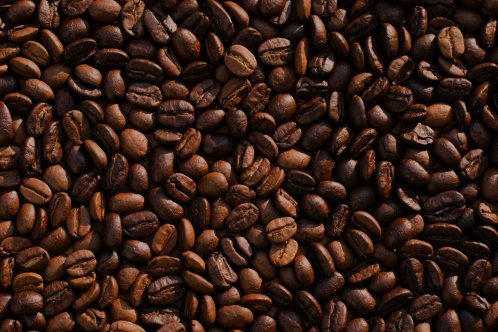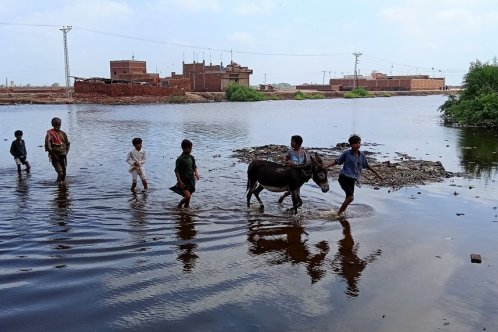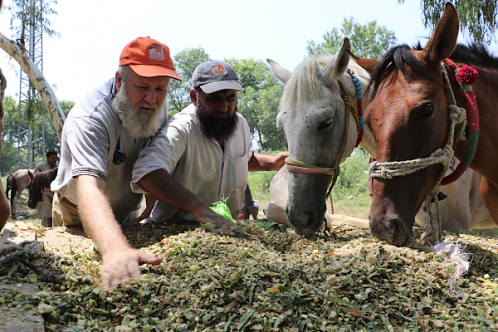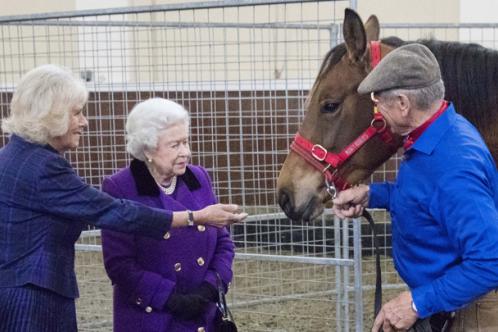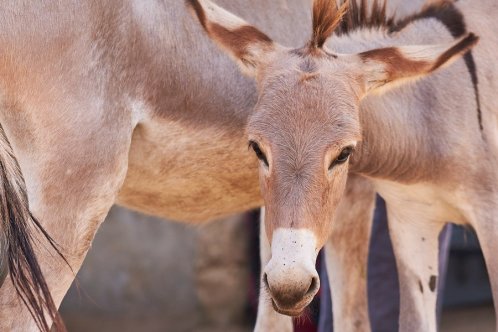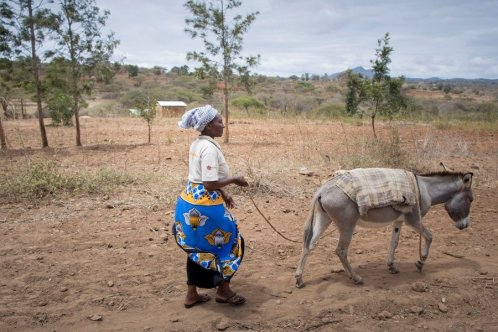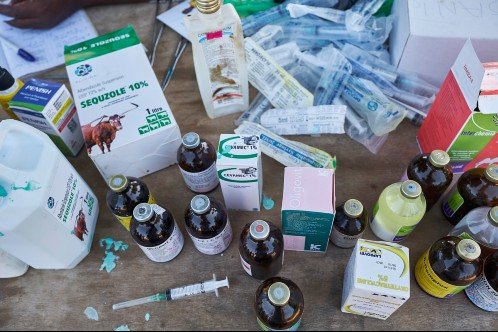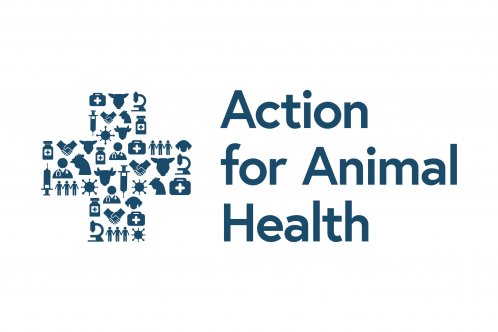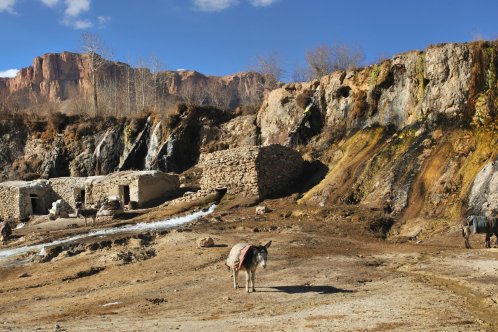Brooke Latin America and Caribbean's Ariel Morales marks International Coffee Day by exploring the role that working equines play in ensuring coffee makes it into our mugs.
News & Blog
Read the latest news and views about our work around the world.
Brooke Newsletter | Publications and policies | Key facts about Brooke | Media enquiries
Brooke Senior External Affairs Advisor Anna Marry urges the government to commit to working with civil society on issues impacting global animal health and welfare.
Brooke Pakistan's Naeem Abbas discusses the devastating impact of the recent floods in Pakistan and the threat of climate change.
Brooke has launched an emergency appeal which aims to raise funds to help care for wounded, starving or sick horses, donkeys and mules, as well as the communities they support, following widespread flooding in Pakistan.
Brooke's Chief Executive Chris Wainwright expresses his condolences on behalf of Brooke
The slaughter and export of donkeys has been banned in Ivory Coast following an announcement by the government on Wednesday 13 July.
Working equids make a crucial contribution to communities and economies around the world. Unfortunately, they are often overlooked and excluded from plans, negatively impacting their welfare and that of the people who depend on them.
Dr Shereene Williams, Global Animal Health Advisor at Brooke, discusses the difficulties vets face in accessing essential medicines and how Brooke is working for change.
Pandemic treaty negotiations must include actions to minimise the risk of diseases spilling over from animals to people. This was the prevailing message as an all-women panel came together for Action for Animal Health’s online event on Tuesday 28 June.
As events unfold in Afghanistan, our thoughts are with all people and communities struggling at this time of great uncertainty.

